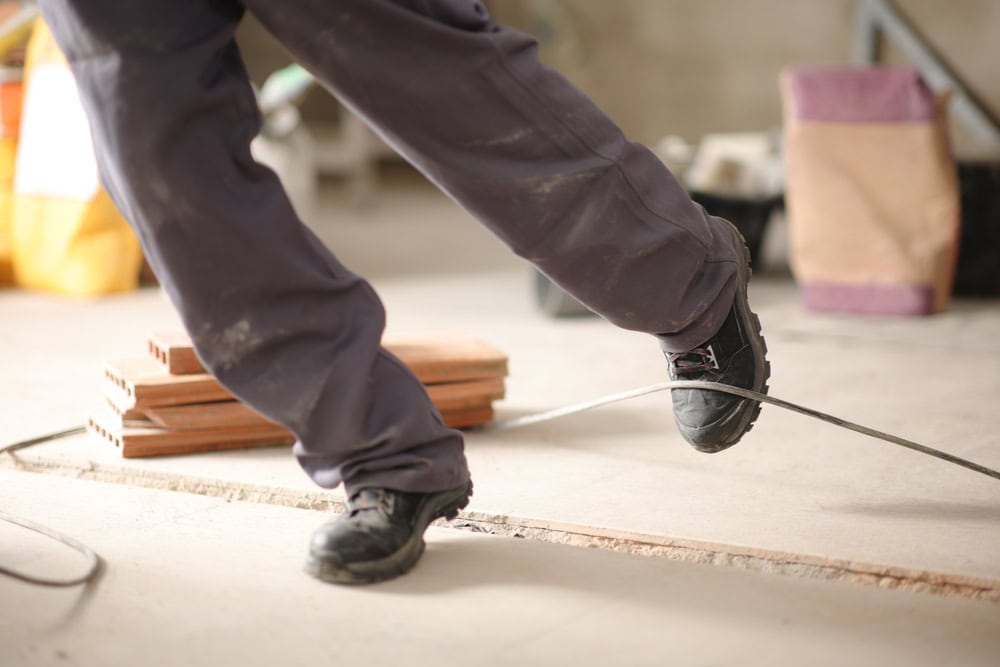2025 Continuing Education Guide for California Contractors
As we move through 2025, California contractors face evolving continuing education requirements that directly impact license renewals and business operations. Whether you’re managing a small electrical contracting firm or overseeing a medium-sized construction company, staying compliant with these educational mandates is crucial for maintaining your competitive edge in California’s construction industry. The New Continuing Education … Read more










